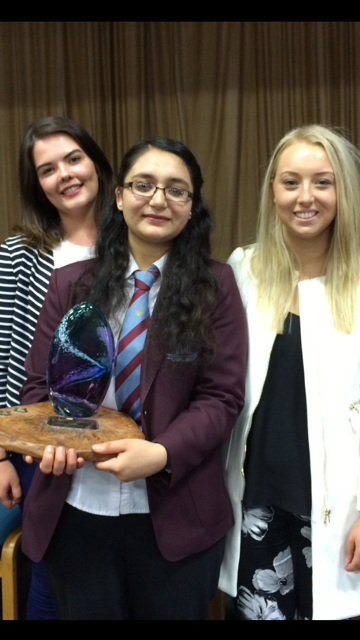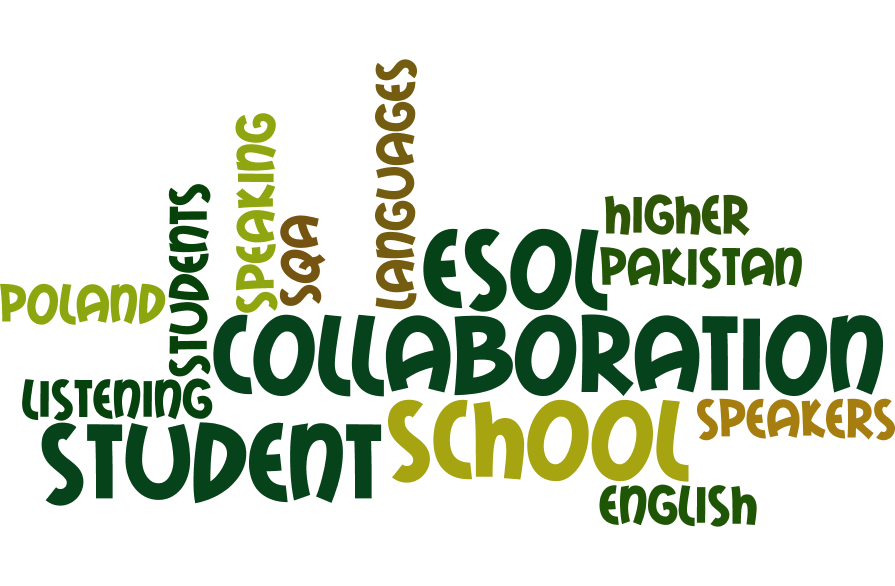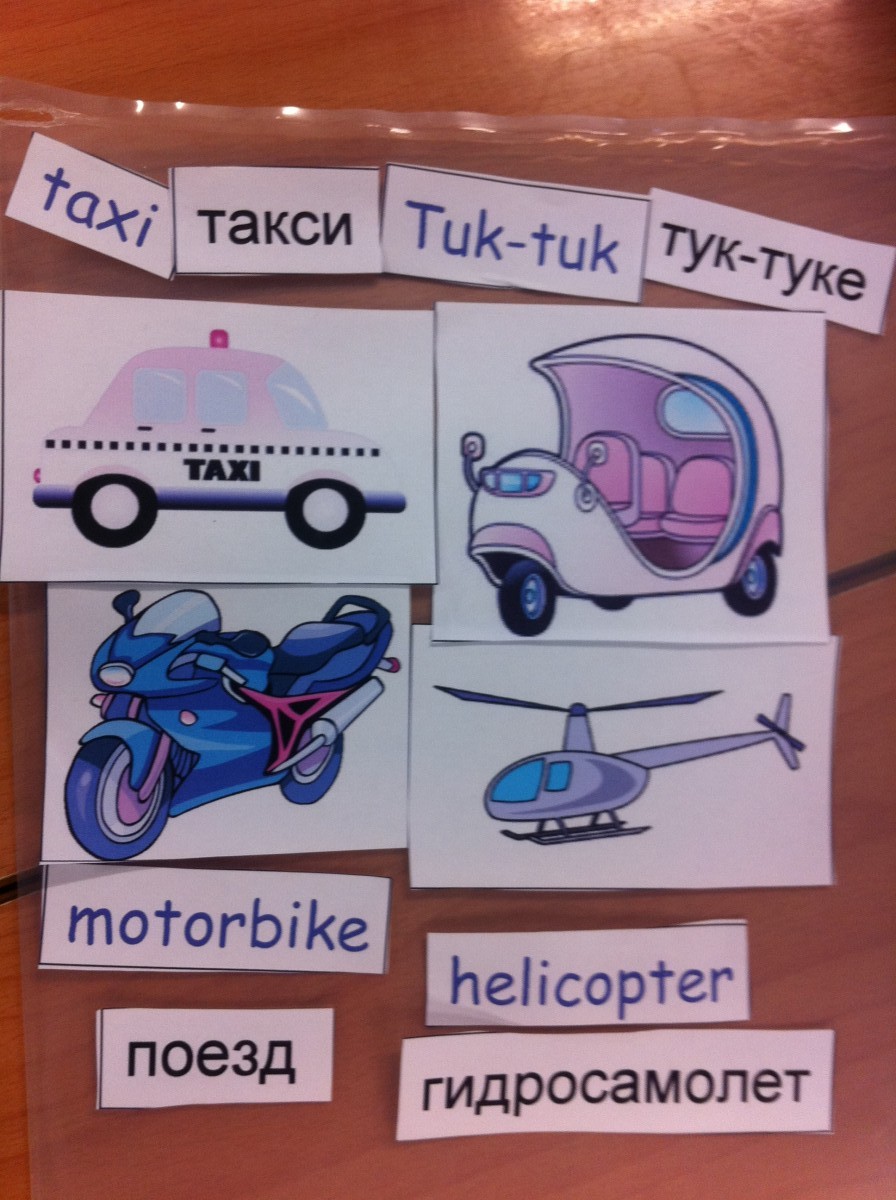ADMISSION
The school management team can organise an enrolment meeting with the EAL coordinator, an interpreter, and a family member to welcome the new pupil. The aim is to gather vital personal information and identify the pupil’s needs.
ASSESSMENT
Assess and record first and English languages development on arrival and again at the end of the induction programme, when the pupil will have settled in.
HOW TO MAKE A FRIENDLY VISUAL TIMETABLE
It is important to adopt a consistent and appropriate symbol system according to the age and stage of language development of the new arrival, such as photos, pictures or drawings with words.
 The cards above are displayed on the pupil’s desk from left to right, but they can also be displayed on the board from top to bottom.
The cards above are displayed on the pupil’s desk from left to right, but they can also be displayed on the board from top to bottom.
TOUR IN THE SCHOOL
The pupil will be glad to visit key locations such as the classroom, the toilets and the lunch area. A peer who speaks the same language of the new arrival can be very supportive and explain the school routine.
PROMOTE A SENSE OF BELONGING
Label a tray or a locker as well as a place to hang their coat with his or her name.
A PLACE IN THE CLASSROOM
Pupils with EAL need good role models, face the class teacher and the board.
CIRCLE TIME
It is a good way to introduce the new pupil and encourage everybody to try the pupil’s first language.

ACCESS THE CURRICULUM
Encourage the pupil to use their first language.
COLLABORATIVE ACTIVITIES
Plan a variety of group activities that promotes engagement and participation of everybody in the classroom including the new arrival.

WRITING IN THE FIRST LANGUAGE
Encourage the learner with EAL to write their work in their first language if literacy skills in their first language is developed.




READING
When possible provide dual language books with visual support as well as a dictionary or electronic translator and pair the learner with a fluent peer for reading.
MATHS
Pupils with EAL can do maths at the same rate as other pupils of their age. Ensure that there is an effective learning environment by:
*giving demonstration;
*using visual displays;
*being aware of language demands;
















